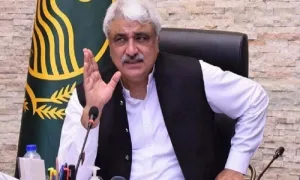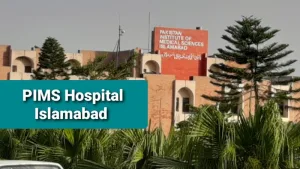In a landmark move, Pakistan’s Ministry of Health—backed by the World Health Organization (WHO)—has launched an aggressive campaign to eliminate hepatitis C by 2050, aiming to prevent 850,000 deaths and 1.1 million new infections nationwide.
The initiative, part of the Prime Minister’s National Programme for the Elimination of Hepatitis C, was unveiled during World Hepatitis Day commemorations. Federal Health Minister Syed Mustafa Kamal emphasized the urgency of the mission, calling it a “passion, commitment, and a mission” to protect Pakistan’s future.
Key goals of the program include:
- Testing 50% of the eligible population (approx. 82.5 million people aged 12+)
- Treating 5 million patients by 2027
- Preventing 90,000 liver cancer cases and 71,000 cirrhosis cases by 2030
- Saving PKR 3.3 billion in healthcare costs over five years
Pakistan bears the highest global burden of hepatitis C, with an estimated 10 million cases—20% of the worldwide total. Unsafe medical injections account for 62% of new infections, while 38% stem from injection drug use.
WHO Representative Dr. Dapeng Luo reaffirmed the organization’s support, stating, “Detecting and treating hepatitis is essential, but prevention is the key to end the disease.” He praised Pakistan’s science-based approach and commitment to integrating global best practices3.
The campaign will focus on:
- Safe injection practices
- Expanded screening and vaccination
- Harm reduction strategies
- Accessible treatment services
With every 30 seconds claiming a life due to hepatitis-related liver disease or cancer, this initiative marks a critical turning point in Pakistan’s public health landscape.




+ There are no comments
Add yours